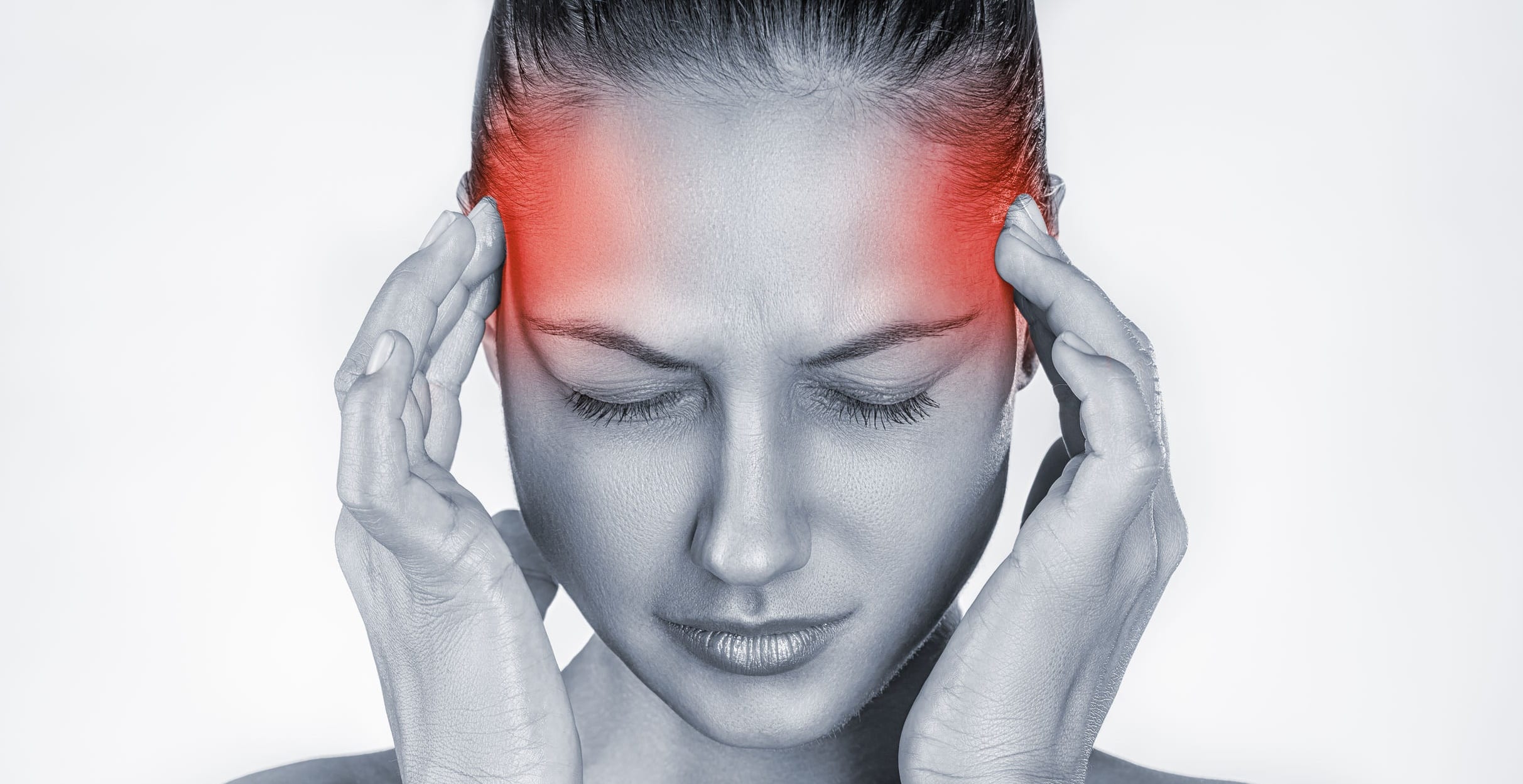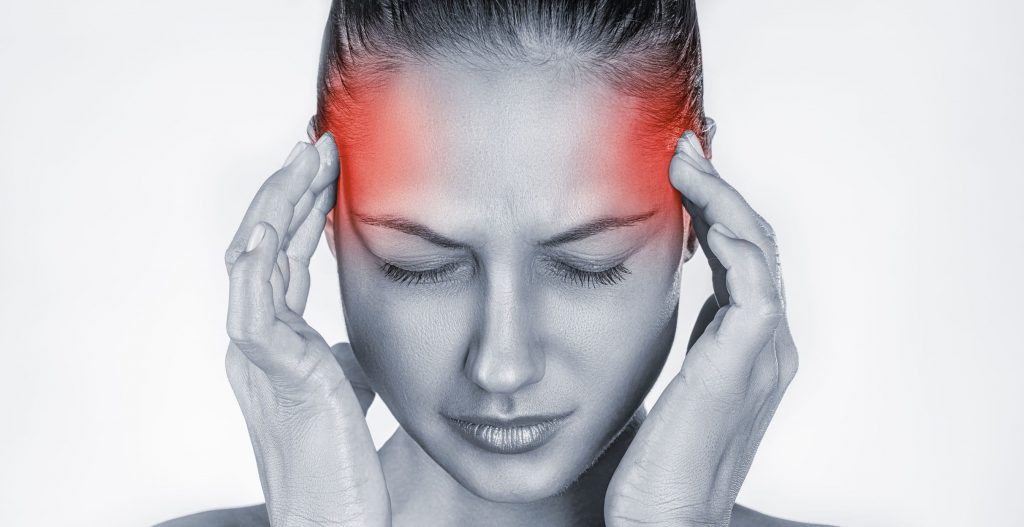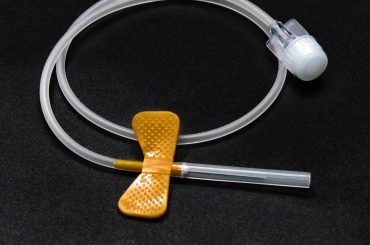Hormonal imbalances are puzzling. So much so if they’re causing your headaches and migraines. Hormonal imbalances are very common cause of headaches. It doesn’t matter if we’re talking about migraines, tension headaches, or cluster headaches. There’s a ton of different types of headaches, but in most headaches, hormonal imbalances are something that we want to consider, especially in migraine headaches.
First of all, your hormonal system is pretty complex. There’s a bunch of structures called glands throughout your body, and some of those glands, actually secrete something called a hormone. A hormone is just a messenger, right? It’s a messenger that travels through your bloodstream and tells different aspects of your body to do different things.
Let’s talk about some of those glands and their respective hormones and how imbalances in those hormones can cause different type of headaches.
Click here to schedule a consult with Dr. St Jean to discover how you can eliminate your migraines and recover your health now!
Pituitary imbalance
Your pituitary gland is kind of like the master. It’s the head honcho when it comes to your hormonal system. It sits right at the base of your brain and it’s interacting with your hypothalamus on a second-by-second basis. It’s a really important area.
When we have imbalances in the pituitary gland and in the hormones that it secretes, it can cause migraine. Imbalances can happen in the FSH (follicle stimulating hormone), LH (luteinizing hormone), prolactin, ACTH (adrenocorticotropic hormone – a hormone that travels from the pituitary gland all the way down into your adrenals), and TSH (thyroid-stimulating hormone – a hormone that travels from pituitary gland down to your thyroid). Any of these hormones, when they’re imbalanced, can trigger headaches specially prolactin.

We can measure these things in many different ways. We want to look at them and make sure that they’re not imbalance – like, there’s not too much of them or there’s not too little of them. Because those type of things can again lead to headaches. Now, it’s important for you to not just look at this list of levels and hormones and run to your primary and say, “Can you test this and make sure they’re normal?” Different practitioners used different types of test and they also use different types of references ranges. Those are two really important things. All tests are not made the same and references ranges are not made the same.
Functional medicine to treat your headache or migraine
You’re going to want to find someone that practices functional medicine like myself. Whether you come in and work with myself directly, or we work on the phone, we can test these levels. Actually, we can do it right with the right reference ranges to make sure we’re actually picking up imbalances. All too often, unless your primary is integrative-medicine or functional medicine-minded, they’re going to find these levels to be normal. You might just hit a dead end there. But if any of these hormones from the pituitary are imbalanced, that can be triggering and causing your headaches and your migraines. You may want to keep that in mind. If you want to work with myself and want to go to the root cause of your migraine or headaches, book your intro consult today at Unity Chiropractic Center in Lincoln Park, Chicago: http://www.thechicagochiropractor.com/wellness-center/.

Thyroid imbalance
Most of us are familiar with the thyroid gland, we’ve heard of it. There are so many people that are affected by thyroid dysfunction specially hypothyroidism. Hypothyroidism is when your thyroid gland is sluggish and its kind of lazy. In that regard, the hormones are imbalanced, specifically T3, T4, and calcitonin. All of these different hormone levels we want to check. We want to make sure everything is balance. If it is imbalance, then we want to ask the question, why is it imbalance, why are we having hypothyroidism, why are we having hyperthyroidism?
When we talk about hypothyroidism in migraine patients or headache patients, 80% (literally 8 out of 10) of patients walking in the door here and other facilities, actually have an autoimmune condition called Hashimoto’s thyroiditis.
Let me tell you, if you have serious headaches or migraines and you have Hashimoto’s, the thyroid gland and its hormones are playing a role in the cause of your headaches. You’re not going to get rid of your headaches until you get rid of Hashimoto’s or the hypothyroidism.
In general, even students that are still in medical school, they’re taught that when you see a hypothyroid patient, one of the hallmark sign is headaches. It is taught in that way – it is seen in the clinic. These types of hormones need to be evaluated to see if they’re imbalanced because they could be causing your headaches and migraines. You want to rule that out.
Adrenal imbalance
Your adrenal glands secrete a ton of different hormone, but the one of relevance specifically is cortisol. Cortisol is released in response to stress. Any type of stress – physical, chemical, mental/emotional – you’re going to be releasing cortisol. Anything that fatigues the adrenal glands could imbalance the levels of hormones produced. Then it’s usually more of an indirect affect on headaches.
For instance, if you’re taking headache medication, say your popping some ibuprofen or Advil, and you’re having resistance as you’re not noticing that you’re headache pain is going down, it is resistant to medication treatment, you might want to think about adrenals. Adrenal fatigue might be the culprit of that.
If you’re adrenal glands are fatigue, that means that the hormones they’re producing and secreting are also imbalanced. When those imbalances are occurring, your day to day cycle/daily rhythm which is cortisol and melatonin are affected. Melatonin puts you to sleep. Cortisol wakes you up. When that cycle is screwed up or imbalance, it is impossible for you to have a normal monthly rhythm or cycle. This again in an indirect way adrenal dysfunction can cause headaches.
Female hormone spikes cause headache
Adrenal dysfunction can throw off the female hormones and cause female hormone imbalances. Female hormone imbalances are very obviously link to headaches. They can easily cause headache. Progesterone and estrogen are your female sex hormones, those are what make up your monthly cycle. When these are imbalanced because of a whole bunch of different reasons, that can trigger headaches.
It could be something as simple as a birth control pill or hormone replacement, stress, or blood sugar imbalances via the adrenal throwing off the female hormones.
We should see in the cycle is estrogen kind of ebbs and flows. You should see a spike in estrogen toward the beginning of your cycle and then it should start to dip down toward the end. When we look at these panels, when women come in and they have headaches and we’re suspecting may be female hormone imbalances are one of the causes. We’ll see a ton of spikes of estrogen. We won’t see that nice curve in the beginning and then it going down. We’ll just see estrogen spiking throughout the entire cycle. And we know right off the bat, okay this is definitely a component and one of the causes of their headaches. Once we treat that and fix it then the headaches begin to go away.
Stop Hormone Imbalance! Stop Headaches!
In general, any types of imbalances in these areas of the hormonal system are going to be relevant in the treatment of headaches and migraines. You’ll definitely want to make sure hormonal imbalance isn’t playing a role because if you miss this it will be tough to get better. There’s a wealth of information on hormone imbalance on my functional medicine site: www.drstjean.com. Check out this site if you want more details on female hormone imbalances, adrenal imbalances, thyroid imbalances, etc.






